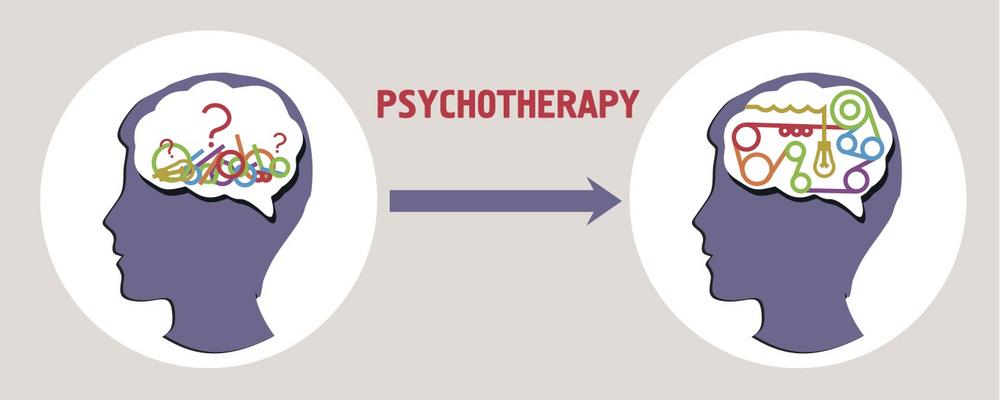
Autism Spectrum Disorders and Psychotherapy
Adam Helles' latest blog entry
[Posted on 16 October, 2018 by Adam Helles]
Every day we learn more and more about the link between autism spectrum disorder (ASD) and poor mental health. We now know that people with autism run a greatly increased risk of affective disorders (especially depression) and anxiety disorders, and that there are also clear links between autism and eating disorders, suicide, psychosis, addictive disorders, obsessive-compulsive behaviour and self-harm.
Almost 70% of all people with ASD will at some point in their lives suffer from depression and around 50% suffer from at least one anxiety disorder over the course of their lives (Lugnegård et al 2011). With that in mind, there should be a plethora of studies regarding psychotherapy for depression and anxiety among people with ASD. However, both research and clinical handbooks on this matter are unfortunately in short supply. Recently there have been more and more studies on adjusted CBT for treating depression and anxiety, but most of them have concerned children and adolescents. The results look very promising, but there is still much more to be done before we can obtain a true understanding of what is most effective in helping people with ASD and poor mental health. “Cognitive behavioural therapy for adult Asperger syndrome”, written in 2007 by Valerie Gaus, is a handbook on how to adjust psychotherapy for people with ASD. Although an important and influential work, it is also one of very few of its kind. A revised version of Gaus’ book will be published in the autumn of 2018 – a welcome addition, but not nearly enough.
We know even less about how we should adjust treatments for comorbid disorders other than depression and anxiety, and as such there is an even greater need for more knowledge in this area. For example, we are aware of the difficulty in treating obsessive-compulsive disorder in people with ASD, but we have failed to make any systematic investigation of how we might best adjust treatment of obsessive-compulsive behaviour for people with ASD.
However, we do know some things about what we should be doing differently. In a study by Cooper et al (2018) we looked at which adjustments therapists make in order to give CBT treatment to people with ASD. The most common adjustments were:
• Suggesting more concrete strategies in order to bring about changes
• Using more concrete language
• More structured and concrete approach
• Using more written and visual information than usual
• Discussing hobbies and special interests more often during therapy sessions
• Including a family member in therapy more often
• Using fewer metaphors
In her book, Gaus addresses certain factors that may hinder psychotherapy with people with autism, factors that therapists must recognise and adjust to in order to be effective. Among other things, she lists the following:
• Social difficulties that complicate communication in therapy sessions
• Executive function difficulties that reduce the viability of homework assignments
• Low motivation to change
• Social isolation
• Financial troubles
In other words, we do know some things about what adjustments are needed and what enables and impedes successful therapy for people with ASD and poor mental health, but we need to learn even more and create more evaluated models and methods. I myself work in adult psychiatric services and every day I see my patients struggling with both ASD and poor mental health, and helping them feel better and be more successful really gives me a fantastic feeling. But failing to get through to them, just because we as psychologists and therapists lack the proper tools or knowledge of what works, is equally frustrating. All research on ASD is important, but psychotherapeutic research must be a higher priority in the ASD research field. Furthermore, we need to make sure that everything we learn reaches all the relevant institutions, so that we can help people with ASD get better.
[This is a blog. The purpose of the blog is to provide information and raise awareness concerning important issues. All views and opinions expressed are those of the writer and not necessarily shared by the GNC.]